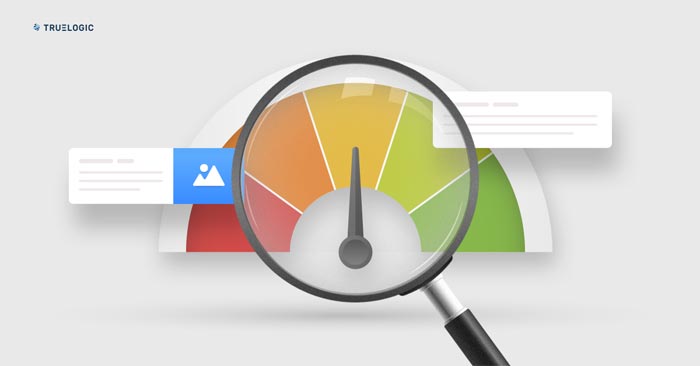
Google Data Isn’t Perfect : What You Need to Know
We often say the data tells the full story. And while data does offer valuable insights, it’s not infallible. Especially when it comes from analytics tools that are only good as the data they can…
Featured Posts
SEO Articles

Navigating Google’s AI Overviews: Your Business Playbook
Google’s search landscape is in constant flux, and its latest seismic shift is driven by…

Zero-Click Searches: Adapting to Changes in User Search Behavior
Remember the good old days when ranking first on Google meant getting a flood of…

SEO vs Social Media: On Choosing the Right Digital Marketing Strategy
This is one of the most common questions marketers and business owners wrestle with. SEO…

Truelogic Episode 96 Recap: Cebu Pacific vs. Philippine Airlines: SEO Battle of Airline Companies
Being the major airlines in the country, both Philippine Airlines (PAL) and Cebu Pacific (CebPac)…

PPC Articles

Truelogic Episode 98 Recap: Winners and Losers: Google Ads Behavior
Google Ads Behavior in the Philippines Berns San Juan: Welcome to another episode of the…

Make the Most of Your Paid Ad Budget in 2023
Transitioning your business to the online environment makes digital marketing crucial. It offers a cost-effective,…

The Biggest Pay-Per-Click Advertising Trends of 2023
PPC, or pay-per-click, can increase brand awareness while generating an average ROI of 200%. Let…

What Does Your Google Ad Quality Score Actually Mean?
What is the Google Ad Quality Score? The Google Ad Quality Score is a diagnostic…
Web Development

Improving a Website’s User Experience Through Metrics
As the digital world becomes more widespread and competitive, a brand’s web user experience (UX)…

Truelogic Episode 90: How Not to Mess Up Your Site’s Moving Day
Podcast Transcription Berns San Juan: Let’s talk about moving to a new website. So over…

Truelogic Episode 88 Recap: Why Users Don’t Like Your Website?
Podcast Transcription Berns San Juan: Let’s talk about user behaviors. I wanted to give a…
Social Media

Hyper-Personalization: Delivering Tailored Experiences to Filipino Consumers
Marketing is no longer about reaching the most people—it’s about reaching the right people. Filipino…

Facebook Mobile Usage in 2025: Why Users Spend Over 19 Hours a Month on the App
Updated: May 29, 2025, based on the original post “Users Spend 14 Hours a Month…

Truelogic Episode 85 Recap: Social Media Trends in 2024
Podcast Transcription Berns San Juan: So the year is almost up and it’s right about…

Truelogic Episode 84 Recap: Social Media Crisis Management 101
Podcast Transcription Ant Sierra: You are listening to another episode of the Truelogic DX podcast….
Get the Latest Updates
Subscribe to the
Truelogic Newsletter
Learn more about our thought leadership and fresh insights on the trends taking place in the industry.






